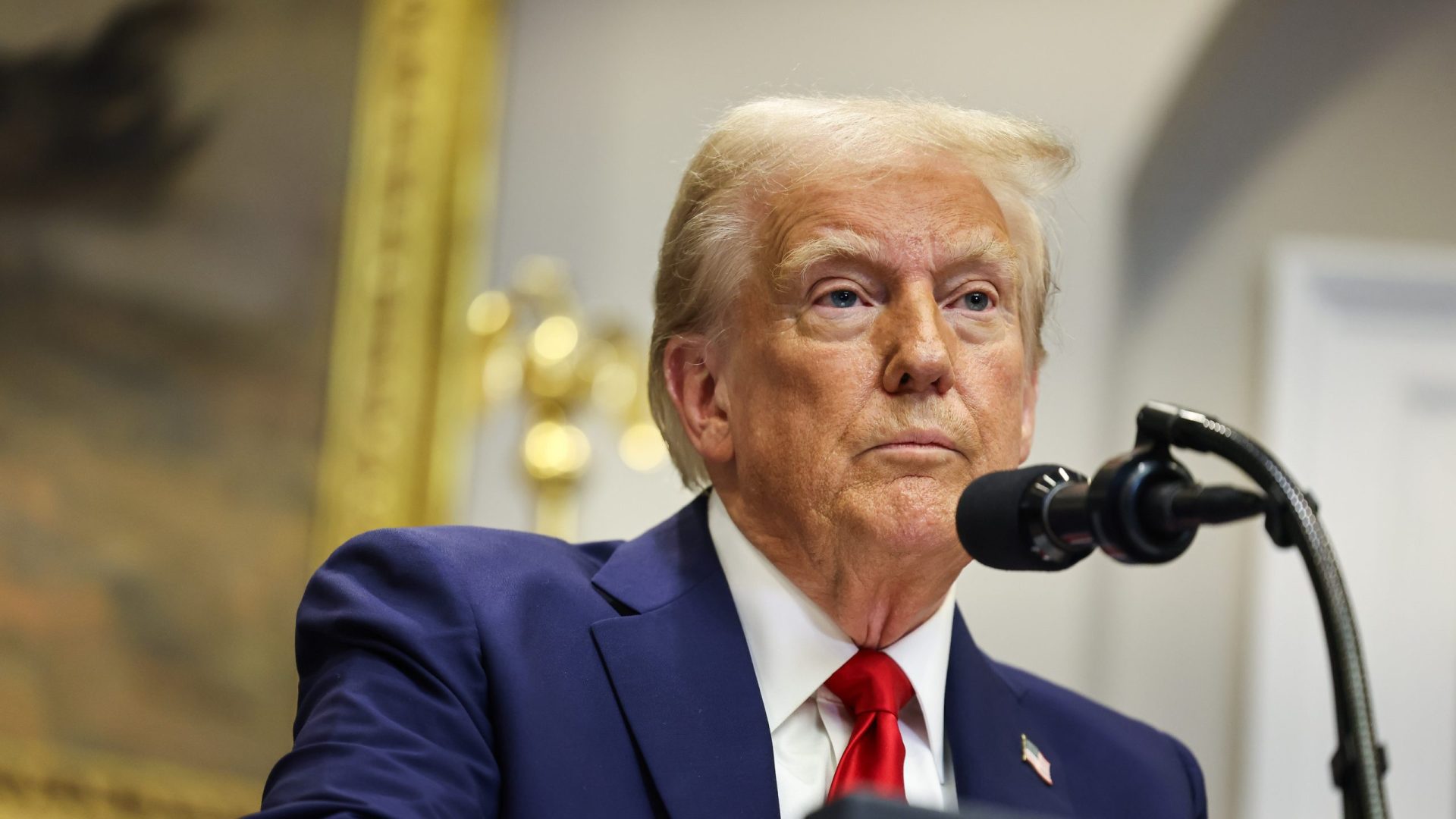
President Donald Trump’s One Big Beautiful Bill Act (BBB) has become the law of the land, and the likelihood of it affecting you or someone you know is probable. The comprehensive new legislation offers some benefits. At the same time, it has evoked a strong sense of consternation among critics and millions of low-income Americans already living on the edge of precarity.
Read Next: 5 Ways Trump’s ‘Big, Beautiful Bill’ Could Impact Your Wallet
Find Out: Clever Ways To Save Money That Actually Work in 2025
Supporters of the BBB welcome several benefits it grants. For instance, companies can now immediately write off costs associated with building new manufacturing plants, which proponents argue drive economic growth and jobs, according to PBS.
Meanwhile, Americans earning between $318,000 and $460,000 could save approximately $8,900, as reported by The Hill. For the richest of the rich (the top 0.1%), the Penn Wharton Budget Model estimates they could gain as much as $290,000 in annual income.
That being said, the bill could add trillions to the national debt, while clawing back critical programs millions rely on. Republican lawmakers argue these cuts are necessary to reduce spending and trim the deficit, but when the costs of these initiatives are compared with the fortunes of America’s wealthiest — particularly the billionaire class — it becomes increasingly clear what deserves greater priority.
The following figures have been compiled from Americans for Tax Fairness and other sources. They outline various programs the BBB plans to cut in the coming years and compare the cost of cutting them to the wealth of billionaires.
Federal Medicaid Funding ($1 trillion from 2025 – 2034)
Millions rely on Medicaid for healthcare, according to the American Hospital Association. Established in 1965, the joint federal and state framework subsidizes medical care for the poorest Americans in the country. The Congressional Budget Office, a non-partisan entity, estimates 11.8 million Americans could be left without any coverage by 2034 as a consequence of the BBB.
This comes at a time when medical debt is already the leading cause of bankruptcy. As millions of low-income families could lose access to vital healthcare, America’s 885 billionaires collectively own $7 trillion, with the world’s richest person, Elon Musk, alone holding $404.2 billion.
Child Care Credit ($55 billion)
Six-point-five million families rely on this program to offset expensive childcare costs. Ironically, the same party that’s incentivizing families to have more children with $1,000 “Trump accounts” is now simultaneously rolling back this credit.
Though $55 billion is considerable, Amazon CEO Jeff Bezos is worth $236.8 billion.
Lifetime Learning Credit ($26 billion)
According to the IRS, this initiative aims to “help pay for undergraduate, graduate, and professional degree courses — including courses to acquire or improve job skills.” In a hypercompetitive global economy, where education is essential for acquiring skills, ideally, governments would bolster funding to help their constituents get ahead and succeed. This bill does the exact opposite.
At the same time, Larry Ellison, co-founder of Oracle, is worth $282.2 billion, ranking behind only Musk.
The Bottom Line
The purpose of this article is not to vilify billionaires or suggest it is practical to liquidate their fortunes, as most of their wealth is tied up in stocks. Rather, it’s to illustrate the scale and magnitude of how critical these programs are — while outlining how well those at the top are doing.
Capitalism has undeniably raised living standards and has pulled millions out of poverty. Yet, two things can be true: a healthy capitalist economy requires opportunity and a strong middle class — not extreme wealth concentration and the reduction of vital safety net programs, as the latter is neither sustainable nor conducive to long-term economic growth.
More From GOBankingRates
- I'm a Realtor: This Is Why No One Wants To See Your Home
- 3 Things Retirees Should Stop Buying To Save Money Amid Tariffs
- 7 Luxury SUVs That Will Become Affordable in 2025
- How Much Money Is Needed To Be Considered Middle Class in Your State?
This article originally appeared on GOBankingRates.com: 3 Government Programs That Cost Less Than One Billionaire’s Fortune







